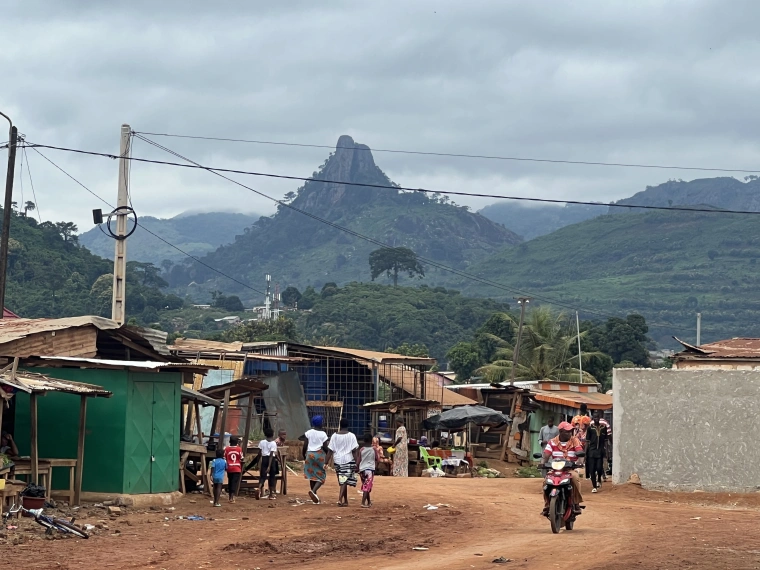Rising tensions in Ivory Coast: Calls for respect and reciprocity as anger mounts against Lebanese community

The sharp criticism from Ivorian bloggers and influencers has crystallized growing frustrations with a community that wields significant economic power but, according to some, remains aloof from Ivorian society.
The Lebanese diaspora, estimated to number close to 100,000 in Côte d’Ivoire, controls a staggering 40% of the country’s economy, contributing 8% to the national GDP.
This community’s influence stretches across key industries, including real estate, transportation, and retail, with approximately 3,000 Lebanese-run companies dominating sectors such as metallurgy, petrochemicals, and even the perfume industry.
Many of these businesses are based in Abidjan, where entire neighborhoods like Marcory are owned by Lebanese investors.
While the Lebanese presence in Côte d’Ivoire dates back before the country’s independence, some Ivorians are questioning the sustainability and fairness of such economic dominance.
However, the root of the current discontent goes beyond economics.
The Lebanese community’s deliberate choice to live apart from Ivorian society—through private schools, exclusive clinics, and separate social networks—has fostered resentment.
This segregation is seen by critics as an expression of a superiority complex, one where the Lebanese community views itself as an elite that should not “mix” with the local population.
Some even claim that Lebanese nationals, who have obtained Ivorian citizenship through questionable means, openly mock the Ivorians by claiming they are “more Ivorian than the Ivorians themselves.”
This attitude is also evident in the workplace, where Ivorian employees, regardless of their qualifications, are often treated as subordinates by Lebanese employers, reinforcing perceptions of racial and social inequality.
The situation is further exacerbated by the treatment of African workers in Lebanon, particularly the exploitation under the Kafala system, which has been described by NGOs as a form of modern-day slavery.
The mistreatment of African domestic workers, including confiscation of passports and daily physical and emotional abuse, has prompted many Ivorian social media influencers to demand reciprocal measures.
If Africans in Lebanon endure such indignities, they argue, why should Lebanese nationals in Ivory Coast be exempt from similar scrutiny and restrictions?
Ivorian demands for fairness, respect, and reciprocity are growing louder. Hamed Koffi Zarour, an Ivorian-Lebanese business executive, stated, “The hospitality of Côte d’Ivoire should not be seen as weakness.”
He and others call for concrete actions: better treatment for African workers in Lebanon, greater integration of the Lebanese community in Ivorian society, an end to discriminatory practices, and stricter controls over the acquisition of Ivorian nationality.
As Ivory Coast continues to embrace its tradition of hospitality, the government faces mounting pressure to ensure that this generosity is reciprocated with respect, integration, and equality.
It is now time for all communities within the country to work together, respecting one another’s rights and contributions for the nation’s collective prosperity
About The Author
dailymailafric
I am an avid African news observer, and an active member of Daily Mail Africa.
I’m Passionate about staying informed on diverse topics across the continent,
I actively contribute to publishing on political, economic and cultural developments in Africa.



